Tru-Fit® Shank
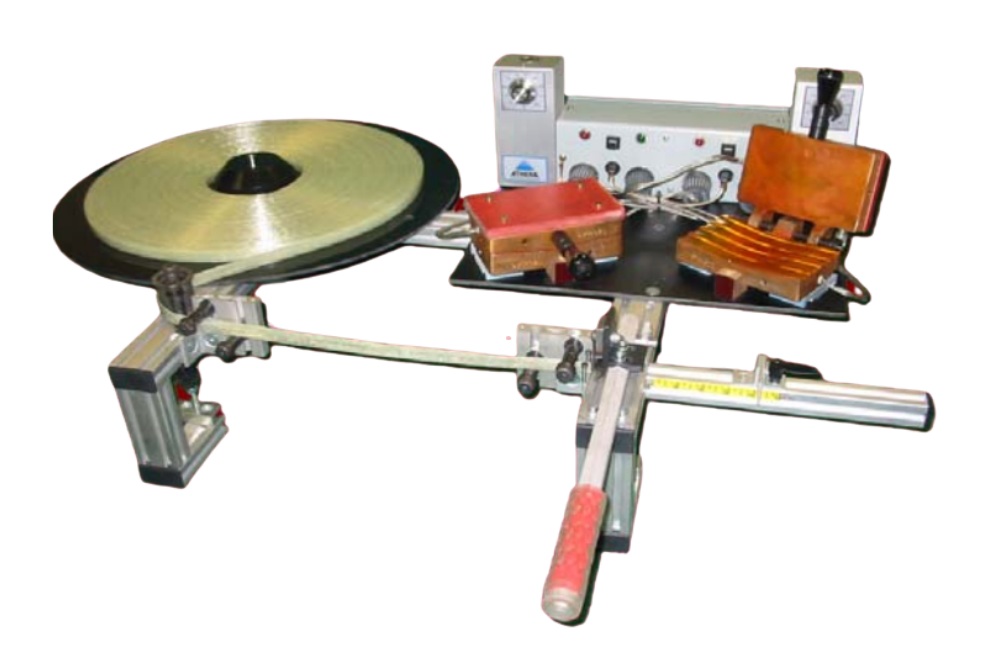
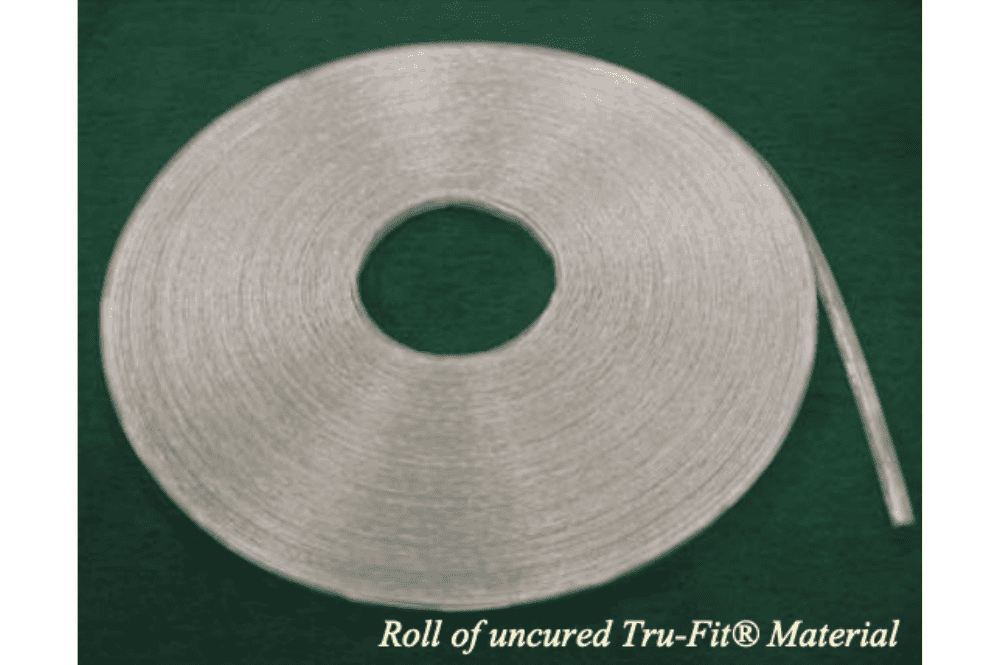
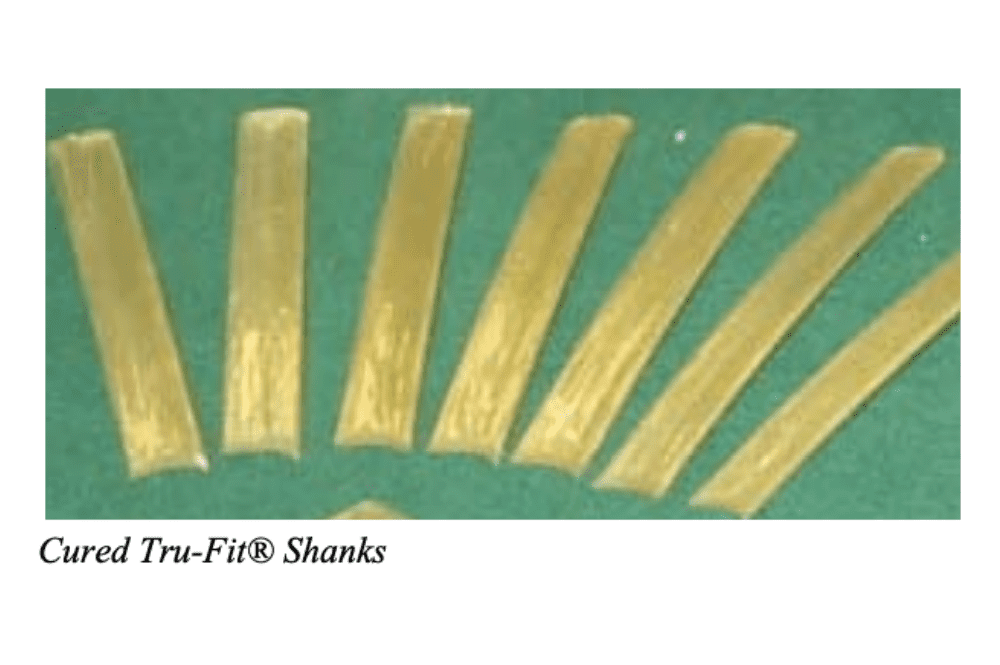
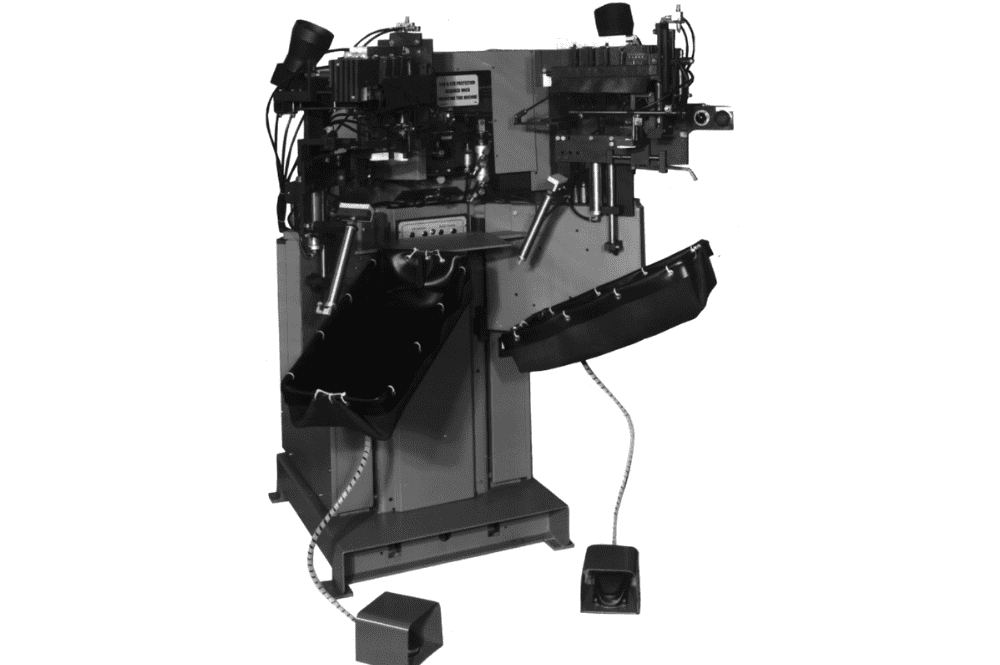
Tru-Fit® Shank & Systems for Footwear
The shanks in your boots prevent them from sagging because they tighten the soles, making them sturdy footing. You should tuck them into the midsoles, which may be found above the outside soles. These sturdy metal or non-metal shanks lie in the arch of your foot, between your heel and the ball of the foot. Despite their apparent rigidity, they are designed to conform to the unique shape of each of your feet, providing both comfort and support. If you’re wearing shoes, these stiff, flat pieces of material are resting just below your arches. The length of the shank can range from halfway to the entire length of the outsole. The heaviest and most durable shanks are the full-length varieties, which are also the least flexible.
Shanks can be made from a variety of materials, including steel and composite, nylon, fiberglass, plastic, and steel combined with kevlar, plastic, or plain fiberglass. In general, shanks are not present in training footwear. Foot flex and lightweight shoes are both essential for running and other fitness activities. Most of the time, shanks won’t slow you down, but they will prevent you from putting unnecessary strain on your arches when you drop your feet too far. A solid material that can back you up and keep you safe on your everyday exploits is what you require.
The most common material for shanks is steel. The name may make you think of something heavy, but these sheets of steel are surprisingly light because of their high degree of pliability and springiness. Imagine them as little metal plates set into the bottom of your work shoes. Due to their increased rigidity, these shanks are the most effective at fending off attacks from below. Despite the fact that they can trigger metal detectors and become damaged in cold temperatures, their advantages typically exceed their disadvantages. They are sought after for their resistance to punctures by hikers and workers who must traverse rough rocks and other razor-edged items. These sturdy steel shanks not only resist puncturing but also help prevent stone bruising on the soles of your feet. You’ll experience fewer bruises if you frequently climb ladders and tread on shovels thanks to this unseen form of protection.
Warmer and softer than steel, nylon, fiberglass, and plastic shanks are nonetheless very supportive. You’ll have more freedom of movement while they’re on account of the material they’re made of, which is both light and flexible. They are flexible enough to allow for natural foot motion, yet they provide ample support to relieve pressure on the arches. They won’t hold up as well against rocks and sharp objects, but they’ll still assist keep your footing steady. Modern hiking boots are generally composed of these materials since they are light and help protect your feet from getting fatigued.
The reinforced fiberglass shoe shank we have available at American Shoe Machinery Company provides Tru-Fit Fiberglass Shank Material and is one of the most lightweight available. The non-conductive insulator is one of the most popular on the market. In addition, the high level of memory it provides will give you that much-needed extra support you need from a truly exceptional shank
ATC-P System Allows For Tabletop Setup
ATP Advantages
Tru-Fit® Fiberglass Shank Benefits
- Lightweight
- Excellent Shape/ Memory Retention
- Non-Conductive and Non-Metallic (Airport Friendly)
- Wide Variety of Shapes and Sizes
Simply Better!
We would be happy to assist you with product information and pricing. Please contact us for more information.
Opening Hours
Latest News & Articles

A Look Back to the History of the Shoe Lasting Machine
Mar 14, 2023
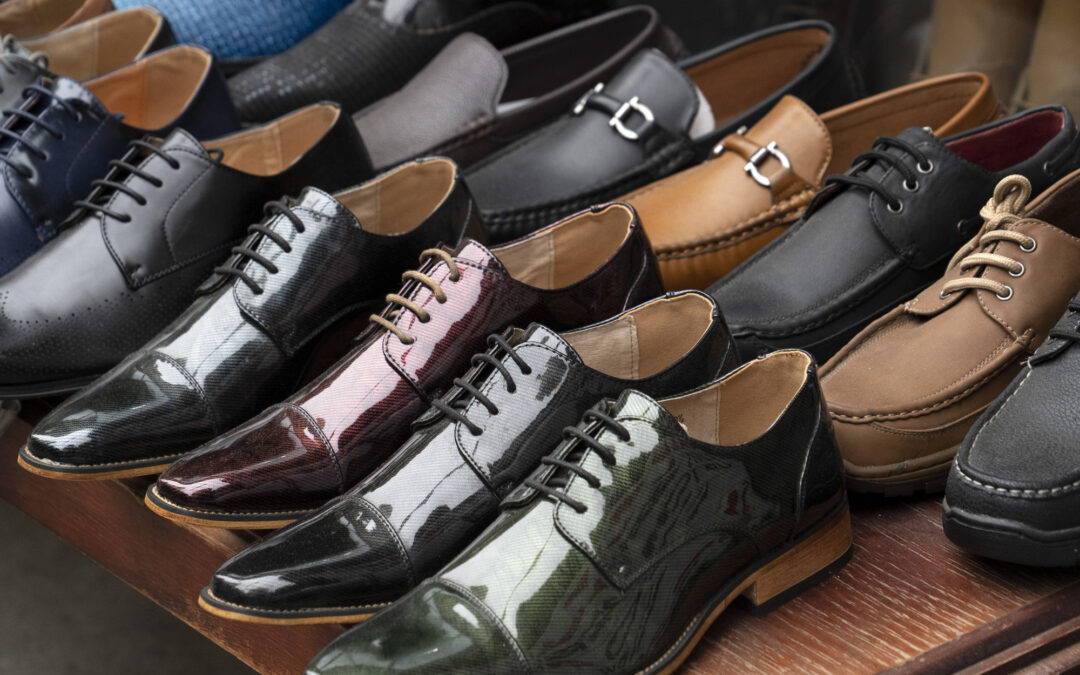
A Brief Guide to the Shoe Making Process
Feb 14, 2023
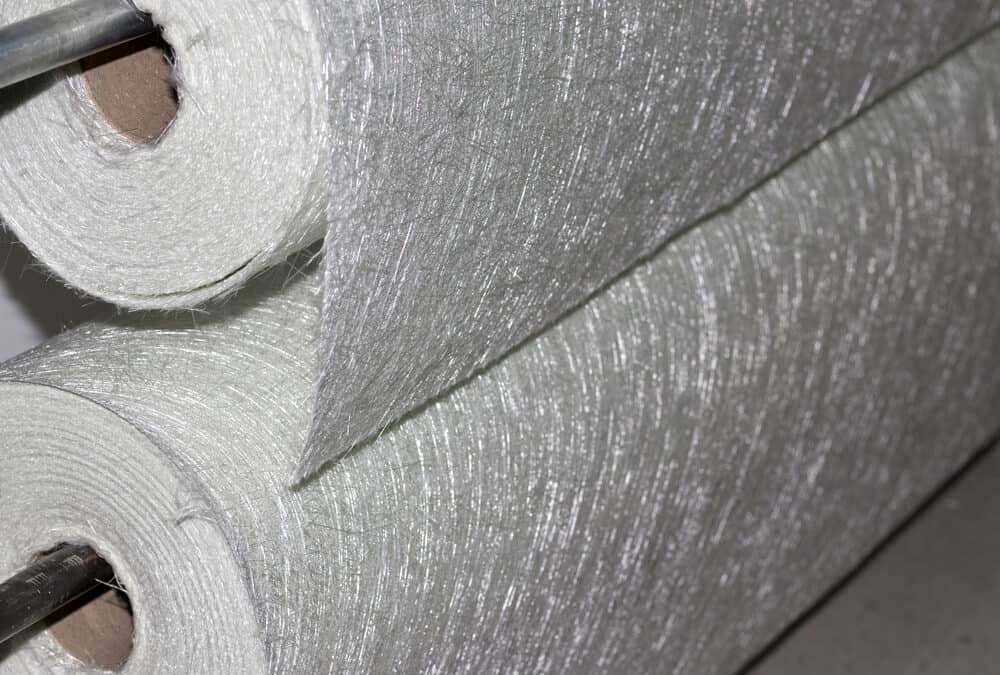
10 Types of Fiberglass, Their Uses, and Their Benefits
Jan 23, 2023
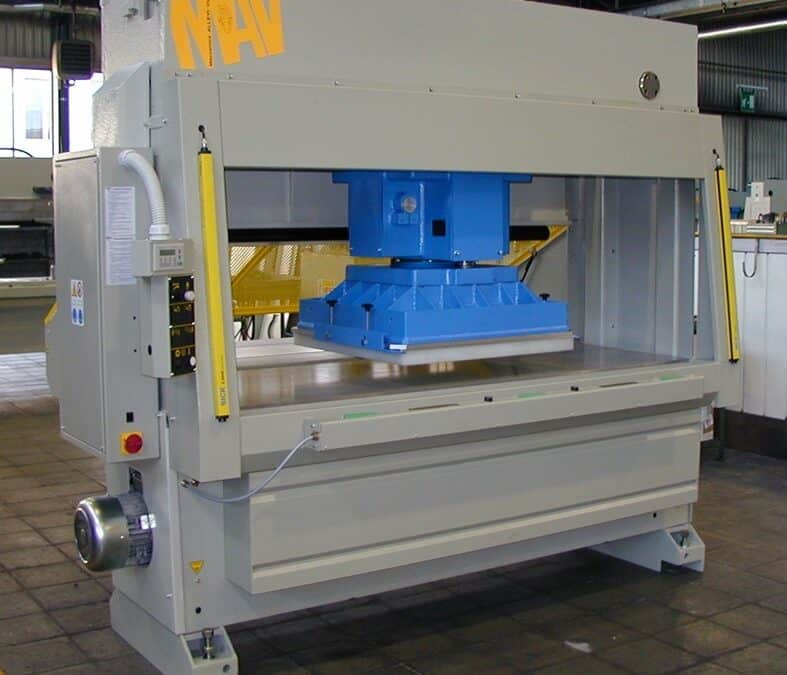
Die Cutting for Manufacturing-What You Need to Know
Jan 11, 2023
